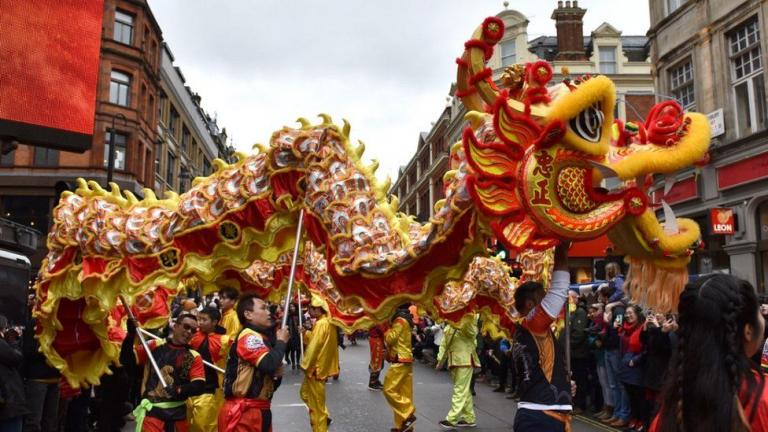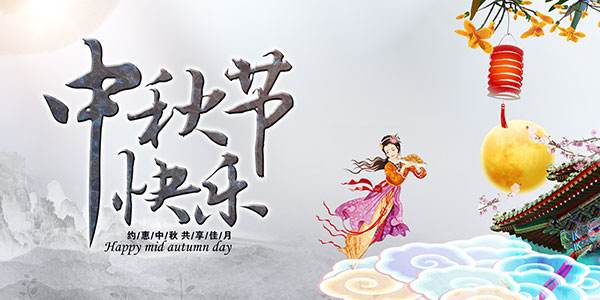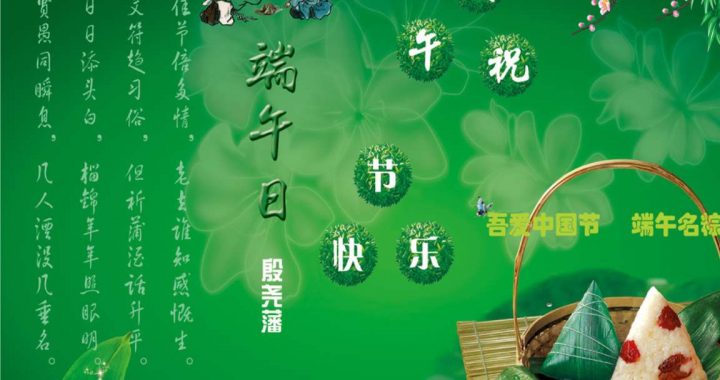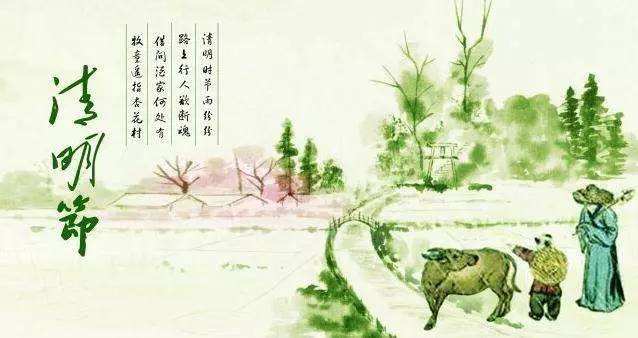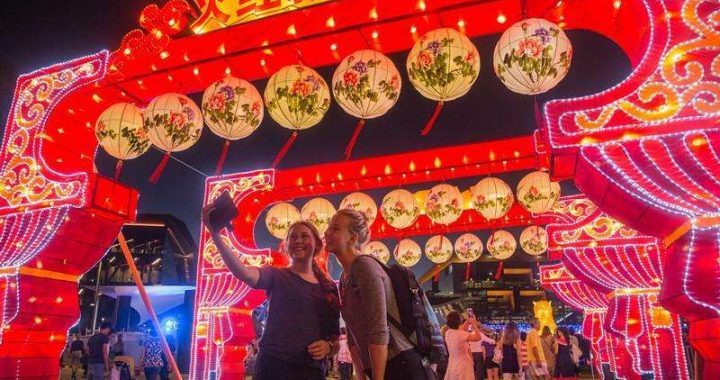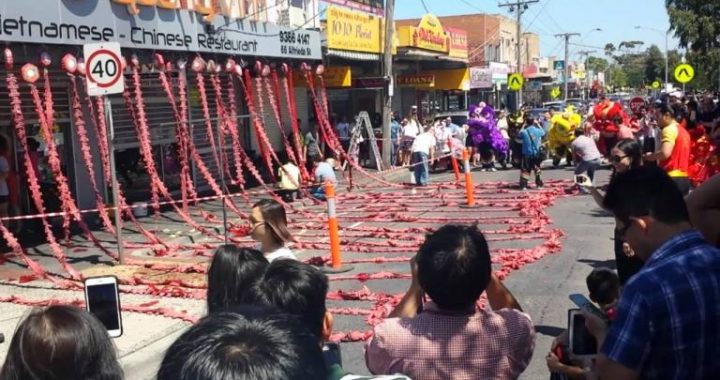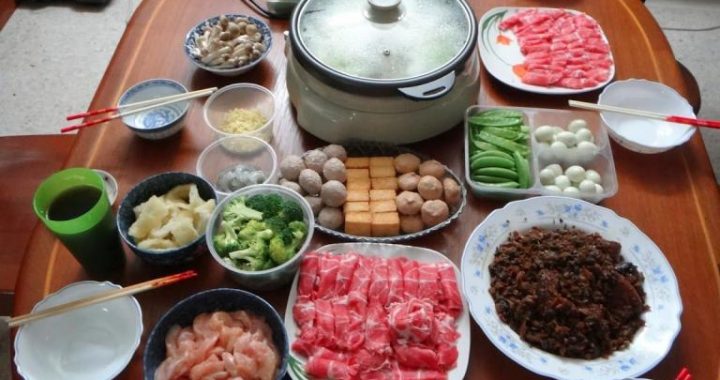Double Third Festival and Burgeoning Love
6 min readIn China’s festival culture, there are usually festival arrangements on double number days when the ordinal number of the day and the ordinal number of the month are the same for example, the Spring Festival falls on the 1st day of the 1st lunar month, the Dragon Head-raising Festival falls on the 21d day of the 21d lunar month, the Song Festival falls on the 3d day of the 3’d unar month, the Dragon Boat Festival falls on the 5th day of the 5thlunar month, the New-rice-tasting Festival falls on the 6th day of the 6th lunar month, the Double Seventh Festival falls on the 7th day of the 7th lunar month, and the Double Ninth Festival falls on the oth day of the 91h lunar month. This custom of designating doublenumber days as festivals is closely related to ancient Chinese people’s idea of number worship and belief in double number days. Ancient Chinese people thought double number days were special days of interaction between the sky and earth and communication between man and gods, so on these days people offered sacrifices to ancestors and gods, prayed for happiness and longevity, visited others, held banquets and entertained themselves. These practices became customs, and festivals were gradually established.
Among these numerous double day festivals, the 3d day of the 3’d lunar month is a widely celebrated festival full of individuality and delight.
The 3’d day of the 3″d lunar month is a festival in spring. When a hint of spring comes from nature, spring also burgeons in human society. In the Spring and Autumn Period, people had the custom of bathing in water, eliminating evils and exorcist exorcism early in the 3d lunar month, but it was called the “Shangsi Festival”then. The Shangsi Festival used to be held on the first snake day in the 3″d lunar month, and prevailed from the Han Dynasty to the Tang and Song dynasties. The fixed time of the festival was the 3’d day of the 3rd lunar month, the contents of customs were diversified continuously, and the festival was more and more entertainment. It became a festival focusing on feasts and entertainment. In Chang’ an, the capital of the Tang Dynasty, this festival was very popular. Men of letters gathered beside the Qu River, drank water from a winding canal with one wine cup floating on it so as to wash away ominousness, drank wine together, chanted poems, and enjoyed themselves. Preface to the Poems Collected from the Orchid Pavilion written by Wang Xizhiin the Eastern Jin Dynasty (317-420) mentions that “the purification ritual was performed at the Orchid Pavilion”on the 3d day of the 3″d lunar month; Wang Wei’s poem also describes the scene of “the banquet held beside the Qu River on the 3″d day of the 3Td lunar month.”While men of letters celebrated the Double Third Festival, ordinary people on this day went to the countryside to wash away dirt and eliminate evils. After the Song Dynasty, many contents of the Shangsi Festival gradually integrated into the Cold Food Festival and the Tomb-sweeping Day. Today, the Shangsi Festival is completely lost, but singing performances staged in the name of the Double Third Festival or various temple fairs held on the 3rd day of the 3d lunar month always remain in various ethnic groups and regions.
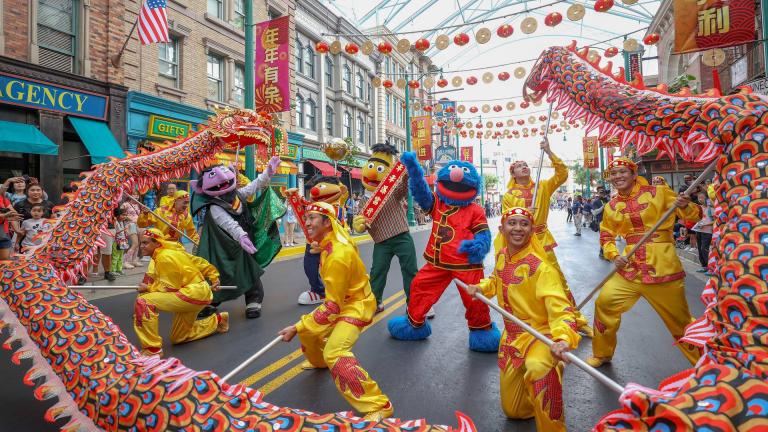
They have become beautiful scenes in early spring. However, various ethnic groups’ andvarious regions’ different legends about the origin of the Double Third Festival and different development courses cannot be simply deemed as remnants of the Shangsi Festival.
The Zhuang people think that the Double Third Festival is related to legends about Third Sister Liu,a figure in Zhuang folk legends deemed as the Zhuang people’s singing goddess. According to one legend, she could sing about anything and write songs instantly, and her songs gushed out. Later, she was forced to marry a local tyrant, so she and her lover died for love on the 3’d day of the 3d lunar month. To commemorate Third Sister Liu, people get together this day for antiphonal singing. It is called the “Gexu Festival.”The Double Third Song Festival is related to the Zhuang people’s profound singing traditions.
The Zhuang people think that singing can eliminate disasters and increase wisdom, so singing is indispensable in life. On the 3’d day of the 3″d lunar month, Zhuang people celebrate the Gexu Festival by building singing tents on the traditional singing site and staging singing performances. People express feelings with songs. The procedure of antiphonal singing is: the meeting song, the invitation song, the dialogue song, the pledge song and the departure song. Meanwhile, activities such as hitting eggs, throwing embroidered balls and scrambling for paper floral tributes are also held. Zhuang people in Yunnan also call the 3d day of the 3’d lunar month the “Flower Street Festival.”On this day, Zhuang women steam glutinous rice of five colors early in the morning, killed chickens and geese, boil red eggs, put glutinous rice of five colors, chicken and red eggs into bamboo baskets, leave home with their children, and invite each other to celebrate the Flower Street Festival. The things in bamboo baskets are gifts prepared by parents for their children’s lovers. During the Flower Street Festival, people scatter on streets and lanes, near field boundaries, beside bamboos and under trees, and choose singing partners. Songs have diverse contents, including songs about the creation of the world, songs eulogizingancestors’ achievements, love songs and songs testing each other’s intelligence and wisdom. Love songs sung one after another can be heard several Li away.
Young Bouyei people celebrating the Fairy Song Festival in Yunyan District, Guiyang City The Li people’s Double Third Festival is called “Funianfu”in Li language. The Li people think that this is a festival for worshipping ancestors and praying for agricultural and hunting harvests. On the day of the festival, men and women of all ages in Li stockadevillages gather around the Wuzhi Mountain with glutinous rice dumplings and cakes to worship their ancestors. In the evening, young men and women light up bonfires on mountain slopes and beside rivers, begin celebration activities, and sing and dance all through the night. In this process,a young man and woman who like each other pour out their love, exchange tokens, and make an appointment to meet again during the next Double Third Festival.
The Dong people also celebrate the Double Third Festival, also known as the”Fireworks Festival.”It is said that Dong families determined the time of transplanting rice seedlings through observing tung trees’ blossoms. However, tung trees did not blossom one year, so the farming season was delayed. To learn from past lessons and remind people to transplant rice seedlings on time, people play and sing, visit relatives and friends, and remind each other of the beginning of the farming season. On the day of the festival, Dong villages also hold activities such as scrambles for paper floral tributes, bullfights, horse fights, antiphonal singing and dances.
The Bai people in Yunnan also stage singing performances during the Double Third Festival every year. In Dali, Yunnan, Bai men and women gather in the Baohe Temple on the 3d day of the 3d lunar month: married women and old people pray for birth of sons and redeem vows to the statues of the Fertility Goddess and Crown Prince in the Baohe Temple, and young people come to engage in antiphonal singing, hear songs or look for bosom friends. The Bouyei people call the 3d day of the 3″d lunar month the “Fairy Song Festival”- for example, in the Guiyang area, young Bouyei men and women climb mountains for antiphonal singing on the day of the festival. It is said that the girl who sings mostmelodiously is given a golden voice after being heard by the song fairy in the sky, so wherever she works, there is the”golden voice.”After hearing it, harmful insects dare not do harm to crops.
